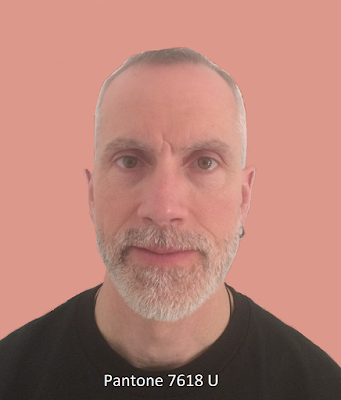Though Gender-Based Analysis Plus has been in use by the Government of Canada since 1995, many people might not have heard of it.
Here’s how they describe it:
GBA+ is an analytical tool used to assess the potential impacts of policies, programs, services, and other initiatives on diverse groups of women and men, taking into account gender and other identity factors. The "plus" in the name highlights that GBA+ goes beyond gender, and includes the examination of a range of other intersecting identity factors (such as age, education, language, geography, culture and income).Part of the goal of using GBA+ is to ensure that programs and services which are intended to produce positive results do not inadvertently have a negative effect on one subset of the population.
Read more here.
Educate and equip yourself! Take a short, free course on GBA+





